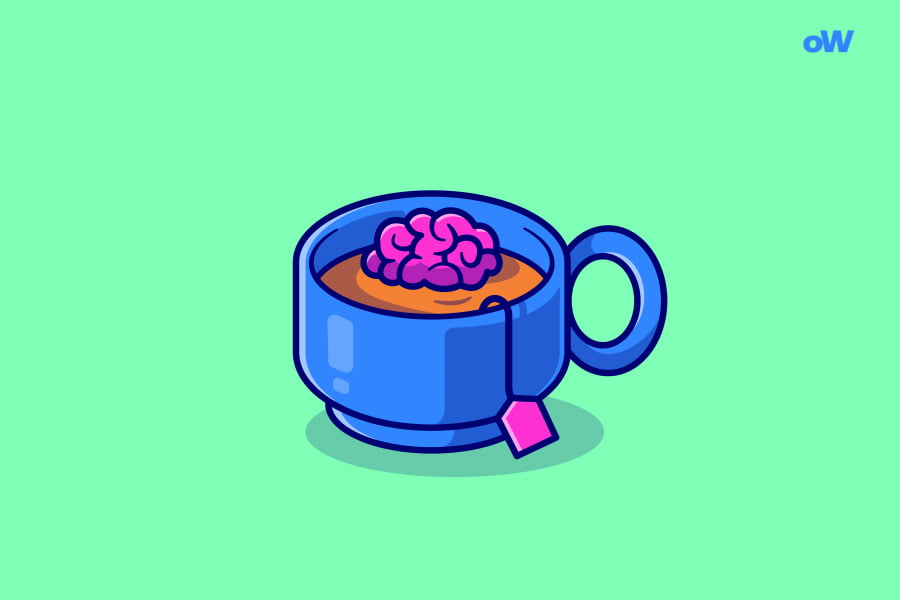Am I Smart Quiz: Wisdom, Wit, or Pure Luck?
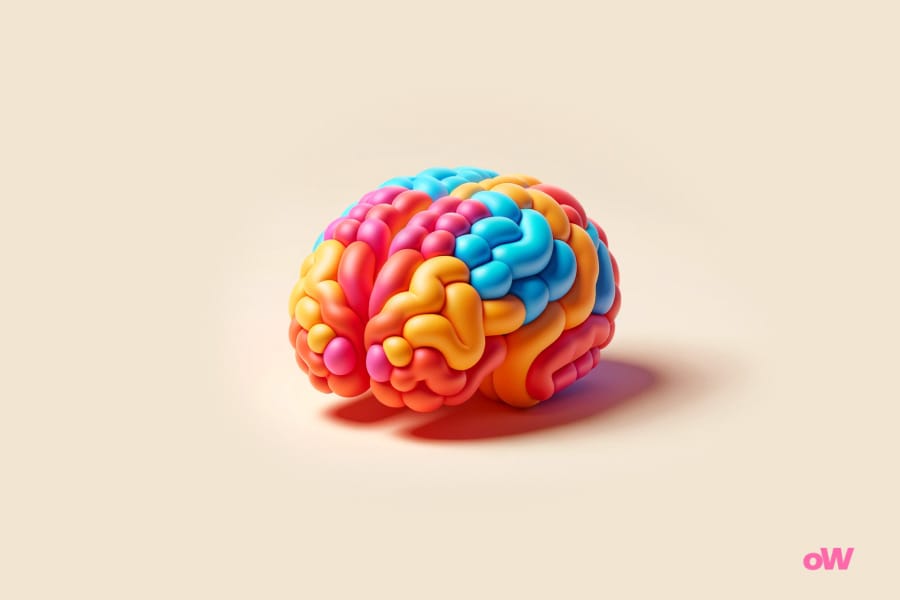
In the era of information technology, we increasingly turn to online tools to better understand ourselves. The pursuit of self-knowledge has led to the emergence of many psychological tests, among which quizzes to determine intelligence hold a special place. You have probably asked yourself at least once: “How smart am I?” And perhaps you sought the answer by taking various online tests. But what do these quizzes actually measure, and how accurately do they reflect your mental abilities? Let’s figure it out together.
What Makes Us Smart?
When we talk about intelligence or being smart, what exactly do we mean? Historically, intelligence was often reduced to the ability to solve logical and mathematical problems. This was reflected in the classic IQ test developed in the early 20th century. However, modern psychology has significantly expanded the understanding of intelligence.
Today, scientists recognize that intelligence is a complex, multifaceted characteristic that is not limited to the ability to solve abstract problems. People who can be considered smart are those who:
- Quickly adapt to new situations
- Effectively learn from their own experience
- Find original solutions to problems
- Understand complex relationships
- Successfully interact with other people
- Apply knowledge in practice
Interestingly, different cultures and societies have their own concepts of intelligence. Western countries often value speed of thinking and individual achievements, while Eastern cultures pay more attention to wisdom, collective thinking, and practical application of knowledge.
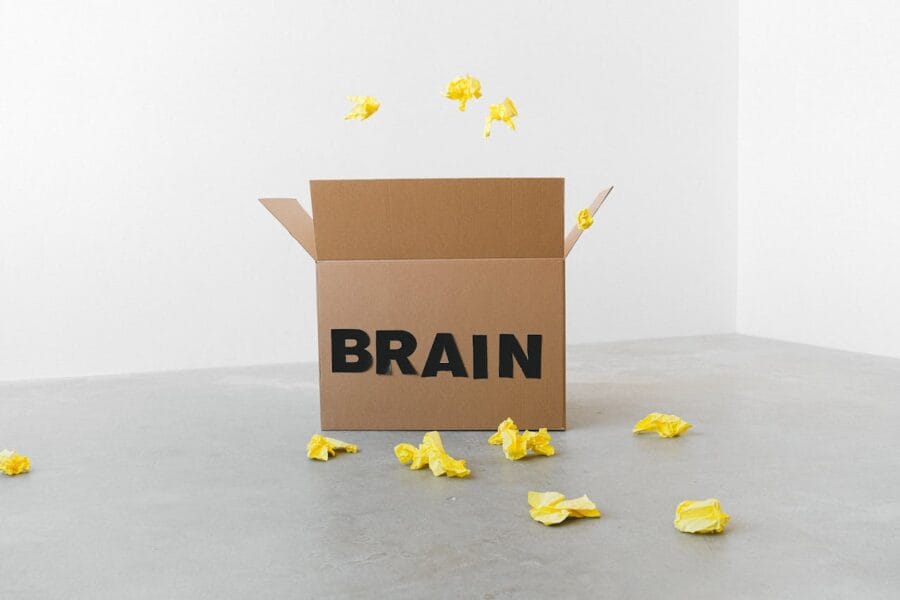
Why Do People Try to Measure This with Quizzes?
What makes us turn to intelligence tests again and again? Psychologists identify several key motives:
- The desire for self-knowledge. It is natural for humans to want to understand themselves, to recognize their strengths and weaknesses.
- Seeking confirmation of one’s value. A high result in a test can boost self-esteem and confidence in one’s abilities.
- Comparison with others. We are social beings, and it’s important for us to know our position relative to those around us.
- Assessing potential. Test results can help in choosing educational and career paths.
- Entertainment. We shouldn’t underestimate the entertainment aspect – solving intellectual tasks can be an engaging process.
However, it’s important to remember that online quizzes have limitations. They cannot fully cover all aspects of intelligence, often do not undergo rigorous scientific verification, and may give simplified or even erroneous results. Therefore, their results should be treated as interesting information for reflection, rather than as a final verdict on your abilities.
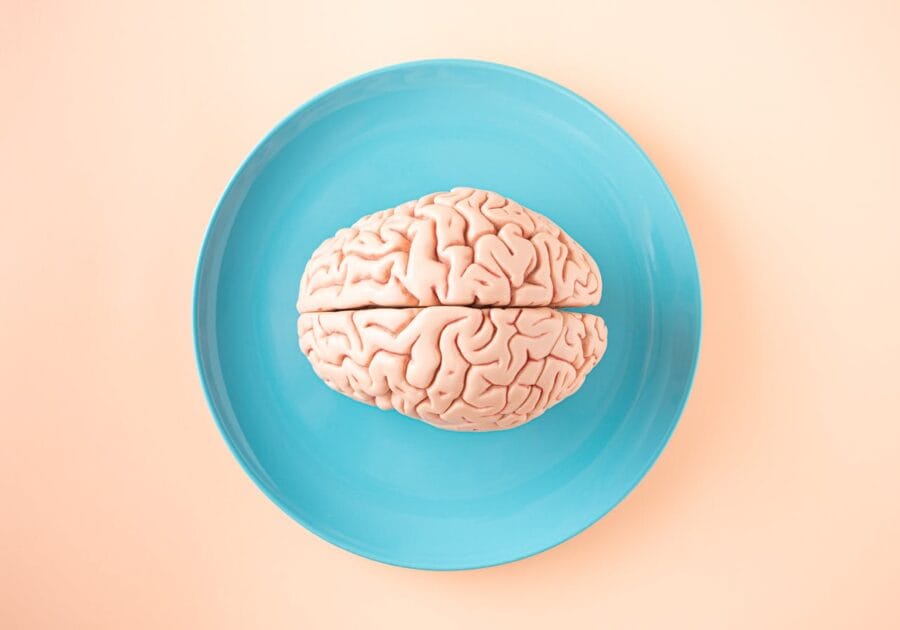
Variety of Intelligence Types That Can Be Identified in a Quiz
Modern intelligence quizzes are often based on the theory of multiple intelligences, proposed by Howard Gardner in 1983. According to this theory, there is not one, but several relatively independent types of intelligence.
Verbal-Linguistic Intelligence
This type of intelligence is responsible for the ability to effectively use language and words. People with developed verbal-linguistic intelligence:
- Easily express their thoughts in oral and written form
- Have a rich vocabulary
- Remember information presented in text form well
- Enjoy reading, writing, and storytelling
Writers, journalists, speakers, and linguists typically have a high level of verbal-linguistic intelligence. Stephen Fry, known for his wit and masterful command of words, can serve as an example of such a personality.
Logical-Mathematical Intelligence
This type of intelligence is associated with the ability to analyze problems logically, perform mathematical operations, and conduct scientific research. Those with developed logical-mathematical intelligence:
- Work easily with abstract symbols and formulas
- Find logical patterns
- Like to structure and classify information
- Effectively solve mathematical problems
This type of intelligence is often associated with scientists, programmers, engineers, and mathematicians. A vivid example is Albert Einstein, whose capacity for abstract thinking changed our understanding of the physical world.
Visual-Spatial Intelligence
People with developed visual-spatial intelligence perceive visual information well, can mentally manipulate images, and navigate well in space. They:
- Easily read maps and diagrams
- Remember well the location of objects and routes
- Can visualize how an object will look from different angles
- Often possess artistic abilities
Architects, artists, photographers, sculptors, and designers often have high visual-spatial intelligence. Leonardo da Vinci, with his incredible inventions and artistic works, is a classic example.
Musical Intelligence
This type of intelligence manifests in sensitivity to sounds, rhythms, and musical compositions. People with developed musical intelligence:
- Easily distinguish tones, rhythms, and musical instruments
- Remember melodies well
- Can reproduce music from memory
- Feel the emotional component of music
Musicians, composers, and conductors possess high musical intelligence. Mozart, who wrote complex musical pieces in early childhood, demonstrates exceptional musical intelligence.
Bodily-Kinesthetic Intelligence
This type of intelligence is related to body control and manipulation of physical objects. People with developed bodily-kinesthetic intelligence:
- Have excellent coordination of movements
- Quickly master physical skills
- Perceive information well through touch and movement
- Have high physical endurance
Athletes, dancers, surgeons, and craftsmen usually have high bodily-kinesthetic intelligence. The famous basketball player Michael Jordan is an example of a person with exceptional control over his body.
Interpersonal (Social) Intelligence
This type of intelligence is responsible for the ability to understand the intentions, motivation, and desires of other people. People with developed interpersonal intelligence:
- Easily establish contact with different people
- Sense the mood and emotions of others
- Work effectively in a team
- Know how to resolve conflicts
Teachers, psychologists, politicians, and managers often have high interpersonal intelligence. Nelson Mandela, who managed to unite a fragmented society, demonstrated outstanding social intelligence.
Intrapersonal Intelligence
This type of intelligence is associated with understanding one’s own feelings, motives, and abilities. People with developed intrapersonal intelligence:
- Are well aware of their strengths and weaknesses
- Can effectively control their emotions
- Have a high level of self-discipline
- Prefer independent work
Writers, philosophers, and spiritual leaders often have high intrapersonal intelligence. Buddha, with his deep understanding of human nature and emotions, is a bright example.
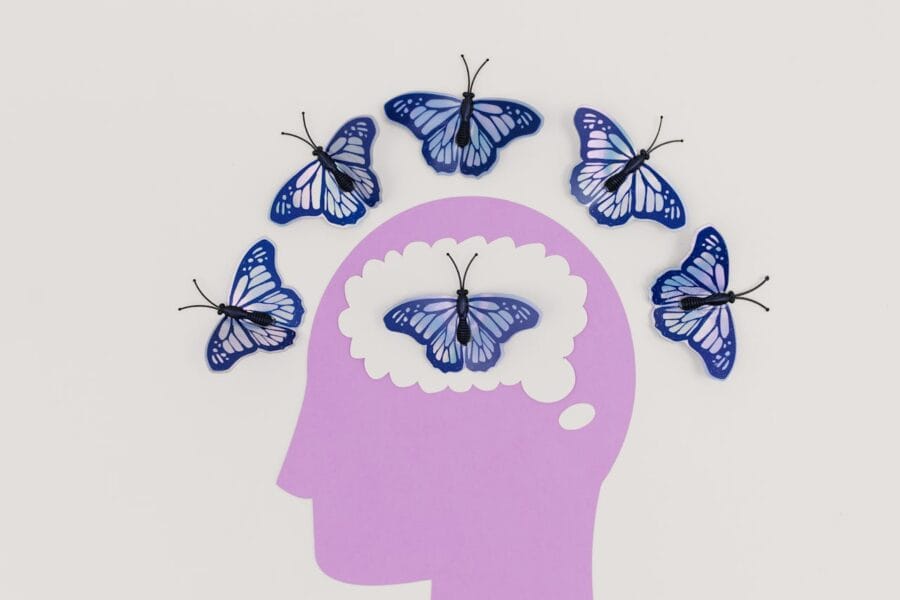
Conclusion
The “How Smart Am I?” quiz can become an interesting tool for self-knowledge if approached with the right expectations. Instead of looking for a simple answer to a complex question, use such tests as an opportunity to learn more about different aspects of your intelligence.
Remember that true “smartness” is not measured by a single number or category. It manifests in the ability to apply different types of intelligence depending on the situation, to constantly learn and adapt to a changing world.
Take the quiz with interest and openness, but do not allow the results to limit your idea of your own possibilities. In the end, the most important indicator of intelligence is not the result of the test, but the ability to use your mind to solve real-life problems and for continuous development.
Questions Overview
- Try to guess its meaning from roots and sound similarities
- Look for its etymology and origin story
- Come up with your own version of its meaning
- Explore its connections with other languages and concepts
- Predicting the movie's ending in the first 15 minutes
- Finding logical errors in the plot
- Creating alternative endings
- Seeing hidden symbols and references
- Get it immediately
- Analyze why it's supposed to be funny
- Think of ways to make it even funnier
- Find deeper meaning in it
- Quickly 'switch' between different images
- Try to understand the mechanism of visual deception
- Look for new ways to see it
- Contemplate the nature of perception
- Recreate the situation to remember
- Methodically go through possible options
- Look for unexpected associations
- Analyze why you forgot this particular thing
- Count sheep or use other simple techniques
- Analyze the causes of insomnia
- Invent new ways to fall asleep
- Use the time for deep reflection
- Intuitively understand how it works
- Study each part separately
- Imagine how it could be improved
- Reflect on the principles behind its creation
- Try to catch the moment of deception
- Break down the trick into components
- Come up with your own versions of performance
- Contemplate the nature of perceptual illusions
- Immediately identify all instruments
- Analyze the composition's structure
- Imagine unusual visual images
- Detect hidden musical themes
- Accurately guess when they'll arrive
- Calculate possible reasons for delay
- Come up with unusual excuses
- Reflect on the nature of punctuality
- Quickly find the solution without knowing how
- Apply known solving algorithms
- Devise your unique method
- Look for patterns between different puzzles
- Show by your own example
- Break down the skill into components
- Create unexpected analogies
- Explain underlying principles
- Quickly find familiar shapes
- Study their structure and movement
- See unusual and complex images
- Notice rare atmospheric phenomena
- Rejoice and use it
- Check why it works
- Try to find an even more unusual solution
- Look for patterns in how solutions emerge
- Remember details and sensations
- Search for reasons why it repeats
- Try to change the plot while dreaming
- Analyze its symbolic meaning






